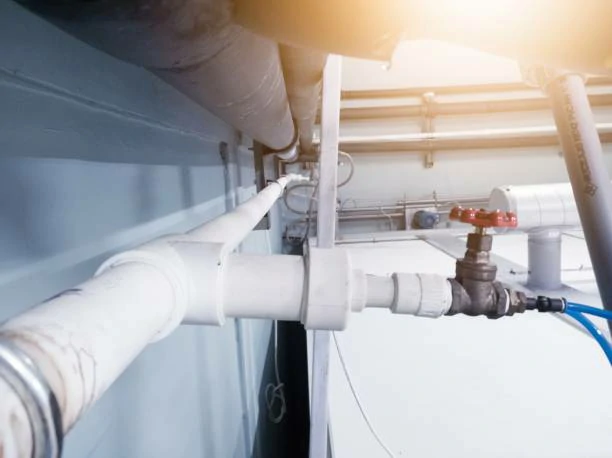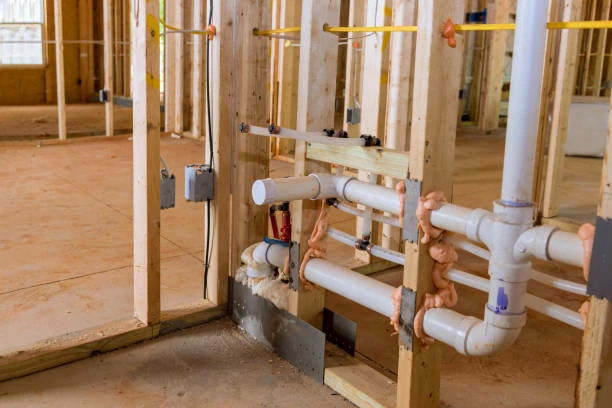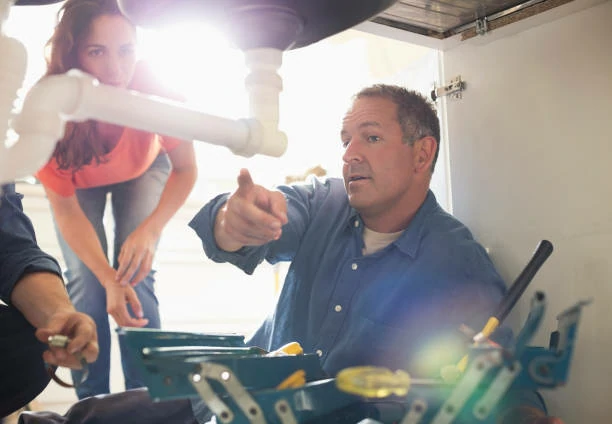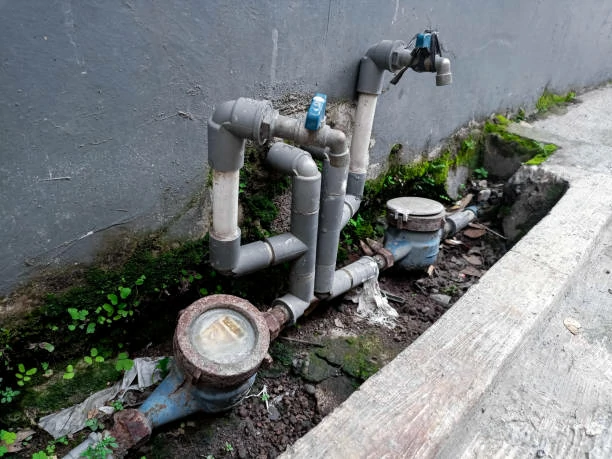Corrosion can compromise the performance and lifespan of brass ball valves. To ensure their durability and effectiveness, it’s essential to implement appropriate materials and protective measures. Let’s explore the strategies for preventing corrosion in brass ball valves.
1. Corrosion-Resistant Materials
Brass Alloys:
Choose brass alloys with enhanced corrosion resistance, such as dezincification-resistant brass (DZR) or lead-free brass. These alloys are specifically formulated to withstand corrosive environments and maintain their integrity over time.
Stainless Steel Components:
Incorporate stainless steel components, such as valve stems or seats, into brass ball valves. Stainless steel offers superior resistance to corrosion, particularly in aggressive chemical or saline environments.
Copper-Nickel Alloys:
Consider using copper-nickel alloys, such as Cu-Ni 90/10 or Cu-Ni 70/30, for valve components exposed to seawater or brackish water. These alloys exhibit excellent corrosion resistance and are commonly used in marine applications.
2. Protective Coatings and Treatments
Electroless Nickel Plating:
Apply electroless nickel plating to brass valve components to create a barrier against corrosion. This process involves depositing a layer of nickel alloy onto the surface, providing enhanced protection in corrosive environments.
PTFE (Polytetrafluoroethylene) Coating:
Coat valve surfaces with PTFE, also known as Teflon, to reduce friction and prevent corrosion. PTFE coatings offer excellent chemical resistance and low friction properties, prolonging the lifespan of brass ball valves.
Epoxy Powder Coating:
Utilize epoxy powder coatings to provide a durable and protective layer on valve exteriors. Epoxy coatings are resistant to chemicals, abrasion, and UV exposure, offering long-term corrosion protection in harsh environments.
3. Proper Maintenance Practices
Regular Inspection:
Perform routine visual inspections of brass ball valves to identify signs of corrosion or degradation. Promptly address any issues to prevent further deterioration and maintain optimal performance.
Cleaning and Flushing:
Regularly clean and flush valve internals to remove debris, scale, or sediment that may contribute to corrosion. Use appropriate cleaning solutions and techniques to ensure thorough removal without damaging valve components.
Lubrication:
Apply lubricants to valve stems and moving parts to reduce friction and prevent corrosion. Choose lubricants compatible with brass and other materials used in the valve construction to ensure smooth operation and longevity.
Conclusion
Preventing corrosion in brass ball valves is essential for ensuring their reliability and longevity in fluid control systems. By selecting corrosion-resistant materials, implementing protective coatings and treatments, and practicing proper maintenance techniques, you can mitigate the risk of corrosion and maintain optimal valve performance over time. Remember to consult manufacturer guidelines and industry best practices when selecting materials and implementing corrosion prevention measures to maximize the effectiveness of brass ball valves in your applications.
Contact
IFANPLUS is a specialized product series launched by IFAN, primarily covering plastic pipes, fittings, and various types of valves. We offer PPR and PVC pipes in German and American standards, ensuring the high quality and reliability of our products. IFANPLUS valve products include a variety of valves, from PPR valves to other diverse copper valves, catering to your specific requirements. Whatever product you need, IFANPLUS will be your reliable partner. Here is our contact information.
We will reply your email or fax within 24 hours.
You can call us at any time if there is any question on our production.
For more information,pls visit our webside https://www.ifanplus.com/
Pls Mailto: [email protected]






